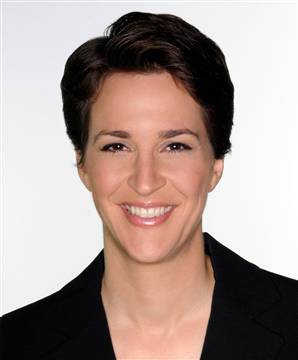I have no problem with religious exemptions in marriage equality measures. Do I get slightly offended that these exemptions keep coming up? Yes – but only because I don’t think they are necessary. Here’s why:
The government shouldn’t get involved when it comes to deciding who can get married in a specific church. That should be up to that specific church – that’s the reason we have the separation of church and state. In fact, certain churches and pastors actually deny some marriages to straight couples if they have been divorced or some other reason that conflicts with their religious views. And that is their right. And I would fight for that right to exist. (I read an article about this that had some specific examples. I looked for it – but haven’t found it yet. I know it’s out there. I’ll keep looking.)
I want a legally recognized marriage. My problem with these “exemptions” is that lawmakers hide behind them to maintain their close-minded views and deny me of my civil rights. If these religious provisions aren’t “strong enough,” we gays might just come and shut down their churches! Which – I’m sorry, but if you belong to a church that doesn’t want to host weddings for gay and lesbian people – chances are we don’t want to get married there anyway.
But, these religious freedom exemptions are also flawed in that they fail to hold water when the side is flipped. Religious freedom actually should push the need for marriage equality. Think about it this way: certain churches (especially here in LA) want to be able to host weddings for LGBT parishioners. (The Hollywood United Methodist church for one.) (http://www.hollywoodumc.org/) But they are denied that right of RELIGIOUS freedom because of STATE law. (Slight Tangent: I would propose the same argument about the “prayer in schools” debate. Christian fundamentalists are usually at the forefront of this battle – but would those same people stand up, fight, and defend a Muslim student trying to pray in the classroom? It just always seems to me like the religious freedom argument is only employed by one side.)
(Here’s a video that goes into a bit more detail about the religious liberty arguments used by the anti-equality side: http://www.youtube.com/watch?v=A0dKMhYSX20)
So in a long, round about answer – I want to be married. And even though I would like to be married in a church or at least with a spiritual aspect to the ceremony, I want to be married “by law.” There are over 1,100 rights, privileges, and benefits that go along with a civil marriage – and I want each and every one of them.
(http://en.wikipedia.org/wiki/Rights_and_responsibilities_of_marriages_in_the_United_States)



 RSS Feed
RSS Feed
